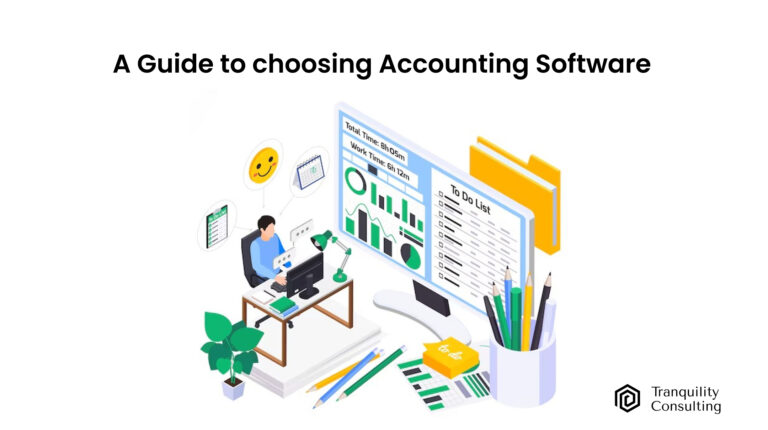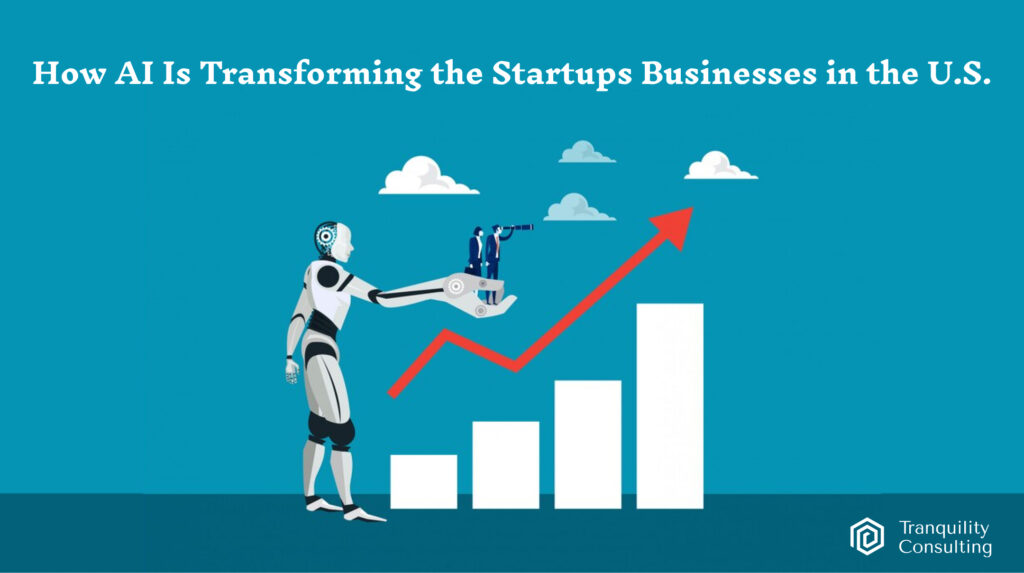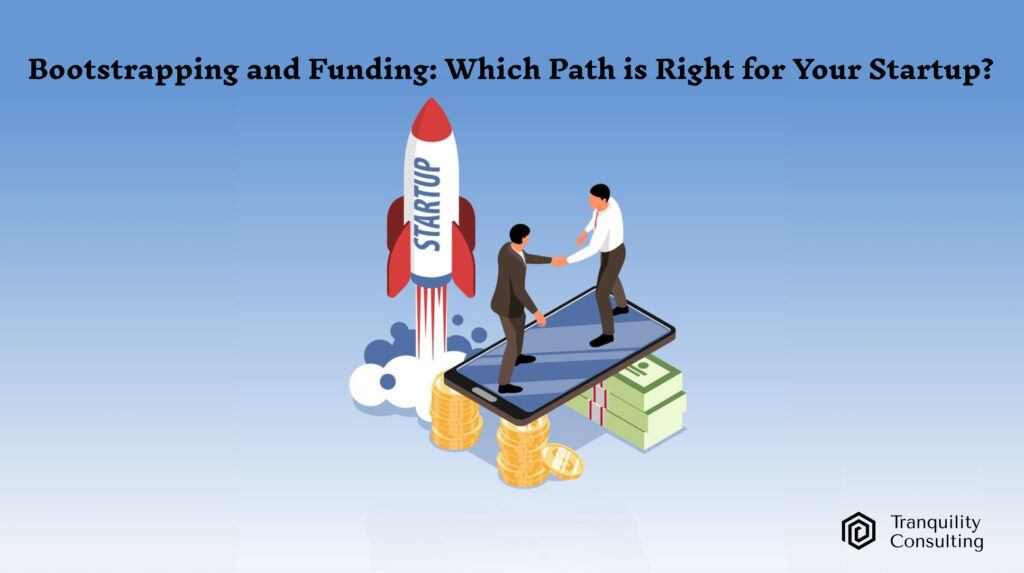Accounting software plays a critical role in simplifying and automating the financial processes of businesses, from small startups to large enterprises. It allows companies to track income, manage expenses, generate financial reports, and ensure compliance with tax regulations. With the growing demand for automation and accuracy, accounting software has become indispensable in today’s business landscape. This blog will explore accounting software, key accounting software statistics, the latest accounting software trends, and a list of the top 10 accounting software with their usage.
What is Accounting Software?
Accounting software is a computer application that helps businesses and individuals manage financial transactions, recordkeeping, and reporting. This software automates and simplifies tasks such as tracking accounts receivable and payable, invoicing, payroll, tax filing, and financial reporting. By streamlining these activities, businesses can improve accuracy, reduce manual effort, and ensure compliance with financial regulations.
Accounting Software Statistics
To better understand the significance of accounting software, here are some key industry statistics:
- The global accounting software market was valued at $12.01 billion in 2020 and is projected to grow at a CAGR of 8.5% from 2021 to 2028.
- Small and medium-sized enterprises (SMEs) account for more than 50% of accounting software users, indicating a growing need for automation in this sector.
- Cloud-based accounting software is expected to dominate the market, with more than 60% of businesses adopting cloud solutions by 2025.
- Approximately 64.4% of accountants now use cloud technology, and this number continues to rise due to the flexibility and scalability of cloud accounting software.
Accounting Software Trends
The accounting software industry is continuously evolving to meet the changing needs of businesses. Here are some key accounting software trends:
- AI and Automation Integration: Many accounting software solutions now integrate artificial intelligence (AI) to automate repetitive tasks such as data entry, reconciliation, and reporting. This trend significantly reduces the time required for these processes and enhances accuracy.
- Cloud Adoption: As mentioned earlier, cloud-based accounting software is becoming the norm. Cloud solutions allow businesses to access financial data from anywhere and enable real-time collaboration with accountants and financial advisors.
- Blockchain Technology: The use of blockchain in accounting is still in its infancy, but it has the potential to provide enhanced security, accuracy, and transparency in financial transactions.
- Mobile Accounting: As remote work increases, businesses use mobile accounting applications offering on-the-go financial data access.
- Customization: Businesses seek accounting software tailored to their industry requirements, from retail to manufacturing.
Features to Look for in Accounting Software
- Invoicing and Billing: Efficient invoicing systems can help you create, send, and track invoices. Some accounting software even supports automatic recurring invoices for regular clients.
- Expense Tracking: Businesses can easily track expenses, categorize them, and analyze where the money is being spent, helping better budget management.
- Payroll Management: Accounting software automates payroll processing, ensuring accurate salary calculations, tax deductions, and timely payments.
- Reporting and Analytics: Robust accounting software provides detailed financial reports, including profit and loss statements, balance sheets, and cash flow statements, helping businesses make data-driven decisions.
- Integration with Other Tools: The best accounting software integrates with other business tools, such as CRM, inventory management systems, and payment gateways, for a seamless financial workflow.
How to Choose the Right Accounting Software
When selecting the right accounting software for your business, consider the following factors:
- Scalability: Can the software grow with your business?
- Ease of Use: Does the software have an intuitive interface?
- Support and Training: Is customer support readily available?
- Customization: Can the software be tailored to meet your specific needs?
- Cost: What is your budget, and does the software offer value for money?
The Future of Accounting Software
As businesses continue to evolve, so does the technology that supports them. AI, machine learning, and blockchain are driving the future of accounting software. These innovations will further automate complex financial tasks, improve accuracy, and provide deeper insights into financial data. Additionally, mobile-first solutions will allow businesses to manage their accounts from anywhere, further enhancing flexibility.
Comparison of Accounting Software
| Software | Best For | Price Range | Cloud-Based | Customizability | Payroll Features |
| QuickBooks | SMBs | $15 – $150/month | Yes | Moderate | Yes |
| Zoho Books | Small businesses | $10 – $29/month | Yes | High | Yes |
| Xero | Small businesses | $13 – $65/month | Yes | High | Limited |
| FreshBooks | Freelancers | $15 – $50/month | Yes | Limited | No |
| Sage 50cloud | SMBs | $50 – $100/month | Yes | High | Yes |
| Wave Accounting | Freelancers | Free (basic features) | Yes | Limited | Yes |
| NetSuite ERP | Large enterprises | Custom pricing | Yes | Very High | Yes |
| Kashoo | Small businesses | $20/month | Yes | Low | No |
| Patriot | Small businesses | $15 – $45/month | Yes | Low | Yes |
| Tally.ERP 9 | Businesses in India | $250/year | No | High | Yes |
Conclusion
Accounting software is a critical tool for businesses of all sizes, helping automate financial tasks, ensure compliance, and generate accurate reports. The top 10 accounting software solutions offer unique benefits and cater to various business needs–whether you’re a freelancer, small business owner, or part of a large enterprise. As AI integration, cloud adoption, and blockchain technology shape the industry’s future, selecting the right accounting software will help streamline operations and maintain a competitive edge.
FAQS:
1. What is accounting software used for?
Accounting software manages financial transactions, automates processes like invoicing, payroll, and tax calculations, and generates financial reports.
2. What is the best accounting software for small businesses?
QuickBooks and Xero are considered the best accounting software for small businesses due to their user-friendly features and scalability.
3. Can accounting software integrate with other business tools?
Many accounting software platforms offer integrations with CRM systems, payroll services, and e-commerce platforms.
4. What is cloud-based accounting software?
Cloud-based accounting software allows users to access their financial data from anywhere with an internet connection, ensuring real-time data synchronization.
5. Can accounting software help with tax compliance?
Yes, most accounting software has tax management features that help businesses comply with local and federal tax regulations.
If you have any questions or need business-related tax consulting advice, please contact us at: [email protected]





